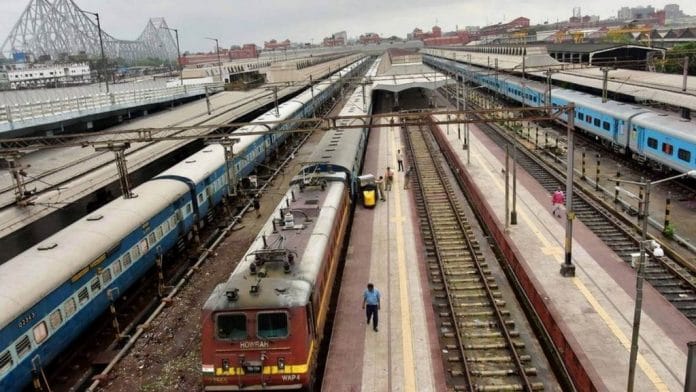New Delhi: Three new projects of the Ministry of Railways have been approved by the Cabinet Committee on Economic Affairs (CCEA) for a total estimated cost of Rs. 6,456 crore.
The new projects are expected to provide employment opportunities to about 114 lakh people during the construction phase of the project, a PIB press release stated.
The new line proposals will improve the logistical efficiency of the Indian Railways by connecting unconnected areas, increasing the existing line capacity, and enhancing the transportation network, resulting in streamlined supply chains and faster economic growth. The multi-tracking proposal, on the other hand, will provide operational efficiency and reduce congestion, which is the most pressing infrastructure development requirement on the busiest sections of the Indian Railways.
The projects are in line with the Prime Minister’s Vision of a New India, which aims to make people of the region “Atmanirbhar” through comprehensive development in the area, which will enhance their employment and self-employment opportunities. The new projects are expected to provide a better quality of life to the people living in the area and will also contribute to the nation’s economic growth.
With the completion of these projects, the Indian Railways will be able to provide better connectivity and enhanced services to the people of two districts, Nuapada and East Singhbum, which are lacking adequate rail services. Additionally, the new line projects will provide connectivity to about 1,300 villages and a population of 11 lakh people, while the multi-tracking project will benefit about 1,300 villages and 19 lakh people. This will increase the total freight traffic capacity of the Indian Railways to 45 MTPA (Million Tonnes Per Annum).
The adoption of environmentally-friendly and energy-efficient modes of transportation like Railways will help in achieving climate goals, reduce the country’s logistics cost, lower oil imports by 10 crore litres, and enable a reduction in CO2 emissions by 240 crore kg, which is equivalent to the plantation of 9.7 crore trees.






